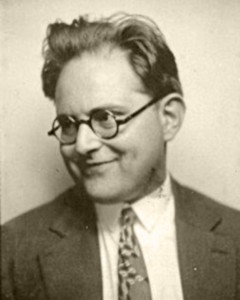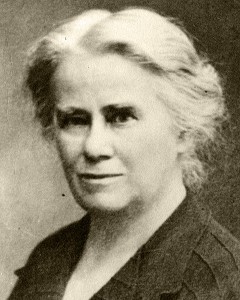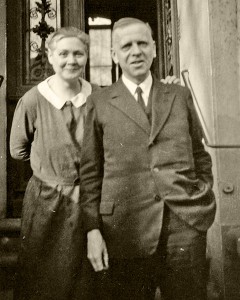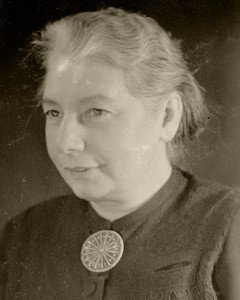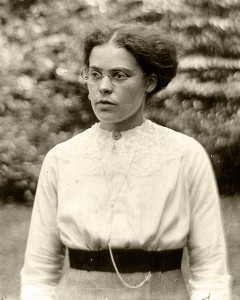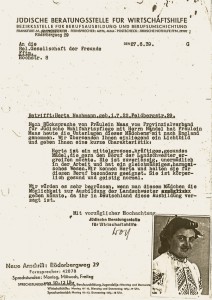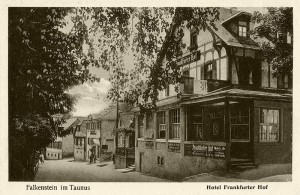
The Quakers supported British Consul General Smallbones’ demand for a quick departure from Nazi Germany for a long time. During discussions with them he found out that they wanted “to bring about an emigration process which stretched over several years”.
The core belief according to the “Religious Society of Friends,” or Quakers, is an individual believer’s direct relation with God. They reject all forms of nationalism. Their “active” help, their international bonds and their readiness to help all those being persecuted, established them as the first helpers after 1933. They belonged to the first non-Jews who recognized the dangers for the persecuted people and responded with offers to help those fleeing. The American Friends Service Committee in Philadelphia (a Quaker help organization) for example brokered the first unaccompanied children to the USA in 1934.
See Internet-Website: www.onethousendchildren.org
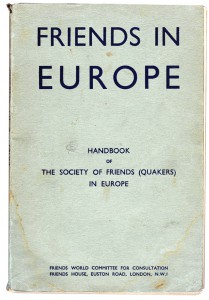
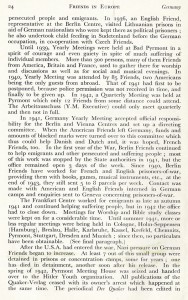
In autumn 1933 the British and German Quakers in Falkenstein in Taunus (near Frankfurt), together with the hotel owner of the “Frankfurter Hof”, made a available location where the people who were released from prisons and camps could recover from their experiences. In spring 1934 they established a boarding school in The Netherlands (“Eerde” in the town of Ommen) for children who were harassed, excluded and forced to quit German schools. They helped everyone: Jews and Catholics, Social Democrats and Communists. The Quaker offices soon changed from advising to offering concrete help with regard to emigration. Similar to the Jewish help organizations they looked for loopholes in the British immigration laws: nine agricultural schools accepted male teenagers; they placed young women with a Domestic Permit in English households; the Quakers looked for families who were prepared to offer a guarantee for a transit visa to England; they collected money at their Quaker meetings for such guarantees. Above all, they offered help to those people who were not assisted by any other help organization. Their good connections to the various Jewish welfare organizations in Frankfurt and the very close cooperation between the two, was a blessing for many people: “Many Frankfurt Jews owed their rescue to them” wrote the Frankfurt Rabbi, Georg Salzberger.
“Just get out, just get out” was the British Quaker Elisabeth F. Howard’s demand in 1938. The Quaker office, which opened in Liebigstrasse 16 in 1933 was unable to handle the demand of those seeking help in 1938. An ad-hoc international Quaker center was opened in Hochstrasse 8, in the middle of the city, where the Quaker Else Wüst lived. The German Quakers were assisted by friends from the USA and Great Britain: Florence Cook and Robert Balderston from the USA as well as the British Quakers Elisabeth F. Howard and Dorothy Henkel. The Frankfurt Quaker group consisted of the reliable Dr. Rudolf Schlosser, Else Wüst, Elisabeth Mann, Ilse and Hans Petersen and Leonore Burnitz, to name just a few. Horst Nendel, a Quaker from Chemnitz, helped temporarily and the 17-year-old Bergit Braach helped out as secretary. The close cooperation with the British consul general in Frankfurt, the British Quakers and the American Friends Service Committee in Philadelphia paid off. The international Quaker center in Frankfurt became the point of contact for the entire German southwest. Their support spread like wild fire amongst the Quakers’ friends.
See: Petra Bonavita: Quäker als Retter ... im Frankfurt am Main der NS-Zeit, Stuttgart 2014
